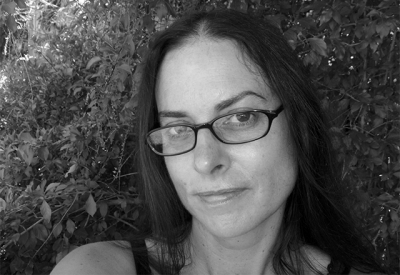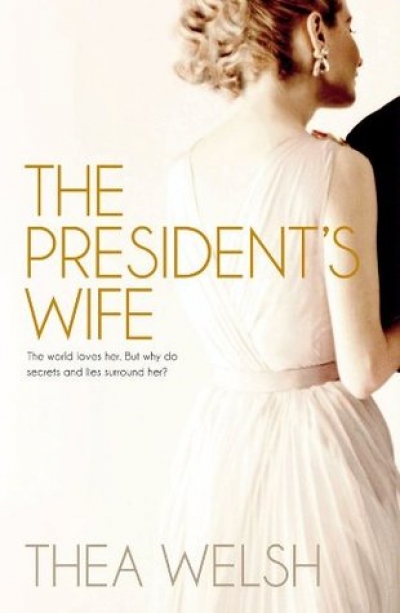March 2010, no. 319
It is surprising how many people seem to think that reviewers read only the first and last chapters of books to which they will devote several hundred words of critique. They look sceptical when informed that critics read every word of, and often go beyond, the featured book, searching out earlier works by the same author or books on the same subject by other writers. Thea Welsh being previously unknown to me, I have now read one of her earlier novels, and a memoir, but not her prize-winning first novel, The Story of the Year 1912 in the Village of Elza Darzins (1990).
The memoir, The Cat Who Looked at the Sky: A memoir (2003), was about ‘three cats, two households and the great truths of life’, according to the blurb. It does not appear to have much in common with Welsh’s new novel, The President’s Wife: Welcome Back (1995), however, was very relevant. Briefly, the novel is about Janey, an upwardly mobile Sydney woman who harnesses fierce ambition to more than one stroke of luck in her pursuit of a cherished goal. This is to become president of the charity committee that puts on Sydney’s social event of the year, the élite and glamorous Goldfish Ball. Although Janey is considered ‘too young’ and inexperienced, she is nevertheless successful. Her apotheosis occurs on the night to which all her efforts have been bent: seated on an elevated ‘throne-like chair’, she is ‘happily aware that she looked quite imperial in her emerald-and-pearl necklace and her green taffeta evening-gown’.
























